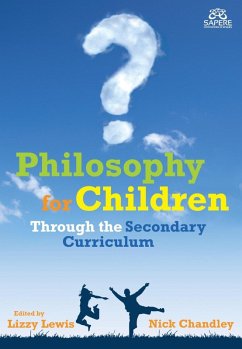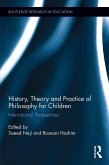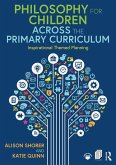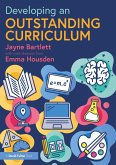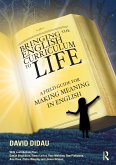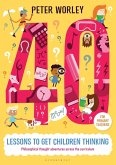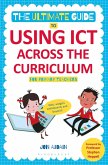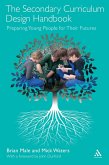Philosophy for Children (P4C) is an approach to learning and teaching that aims to develop reasoning and judgement. Students learn to listen to and respect their peers' opinions, think creatively and work together to develop a deeper understanding of concepts central to their own lives and the subjects they are studying. With the teacher adopting the role of facilitator, a true community develops in which rich and meaningful dialogue results in enquiry of the highest order.
Each chapter is written by a leading P4C expert and provides an introduction to the relationship between P4C and the subject area, lesson stimuli and activities for extending and deepening students' thinking. The book includes:
. guidance on how to embed P4C in curriculum subjects in a crowded and demanding secondary curriculum timetable
. troubleshooting advice for the teacher-turned-facilitator
. a companion website containing useful links, downloadable resources and material to display on your interactive whiteboard.
Edited and collated by the UK's leading P4C organisation, this book introduces a rationale for using and adapting P4C in the secondary curriculum.
Each chapter is written by a leading P4C expert and provides an introduction to the relationship between P4C and the subject area, lesson stimuli and activities for extending and deepening students' thinking. The book includes:
. guidance on how to embed P4C in curriculum subjects in a crowded and demanding secondary curriculum timetable
. troubleshooting advice for the teacher-turned-facilitator
. a companion website containing useful links, downloadable resources and material to display on your interactive whiteboard.
Edited and collated by the UK's leading P4C organisation, this book introduces a rationale for using and adapting P4C in the secondary curriculum.

